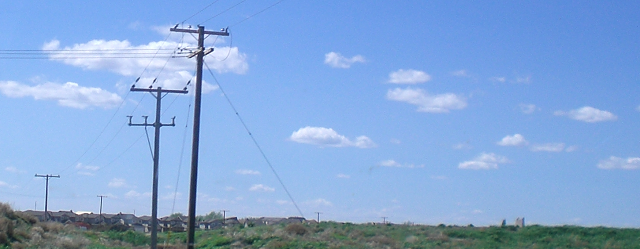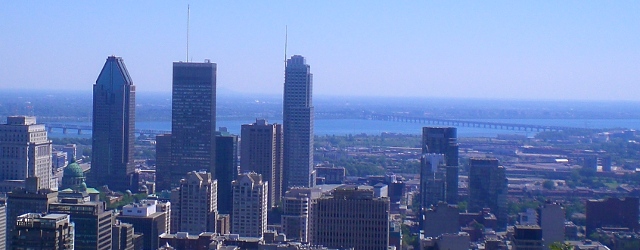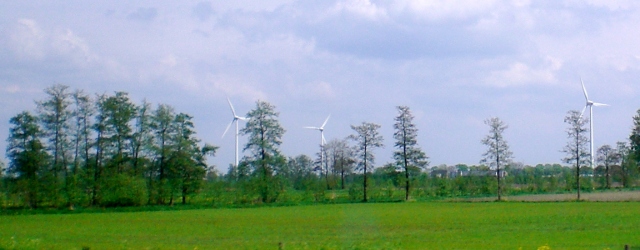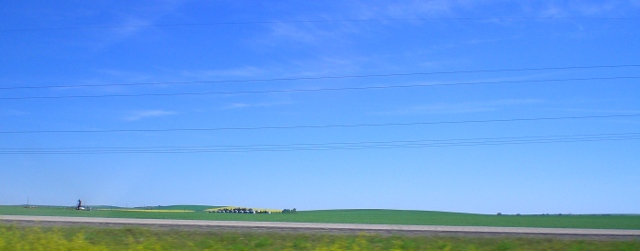Preface This document is a response to the draft documents posted as part of the Design Regina process. The authors of this response are also the primary authors of Transforming Regina: Planning for 2040 and beyond, which achieved a place in the finals of the Regina Morph My City competition. Readers interested in a detailed […]
Tag: Oil
Harvest and Hunger: Brainstorming the future of the world food system
Harvest and Hunger The Saskatchewan Council for International Cooperation is hosting an event in Saskatoon on November 10th called Harvest and Hunger. The event sets out to answer three questions: Who controls the world’s food? Who has power in the global food system? Who doesn’t? What are people doing – both in Saskatchewan and around […]

Opportunities and perils of natural gas usage on the road to renewables
Our increasing reliance on natural gas brings with it both opportunities and dangers during the shift towards renewable energy. This issue deals with some major issues regarding natural gas deployment in industry, power generation, food production, and heating.
John Klein: Social involvement and sustainability in Regina, Saskatchewan, and Canada
John Klein is a notable blogger and community activist in Regina, Saskatchewan. Here he answers our philosophical and practical questions about the most important issues facing our society today, and what each of us can do about them.

Curtis Dorosh: Green living, building, and volunteering
How to live green? Build green buildings? Put our efforts towards a better future? Curtis Dorosh has spent much of his life trying to answer these questions. Collected here are some of his answers.
Demand side management to help build a renewable power grid
Demand side management helps make our power grid more cost-effective and aids in the transition towards renewable energy. It can also be considered as a very green policy on its own, as it reduces the amount of power we need to produce, and thus our impact on the environment.
Power system performance metrics
Everything has its price. Every form of power production has costs in dollars, time, land, materials, pollutants, greenhouse gas emissions, and human deaths. We look at the most important factors for analyzing the feasibility of a proposed power project. Considering only some of these factors will lead to an incomplete picture of power system costs.
How can renewables deliver dispatchable power on demand?
What does dispatchable mean? Why is it important? How do we currently do this? Can renewable energy fulfill this role? What other tricks can we use?
Science denial: Vaccines, vitamins and GMOs
Michael Specter delivered a clear and powerful message in his talk at TED in 2010. Vaccines save lives, yet people fear them. GMOs are primarily opposed for reasons unrelated to the method of their construction.
Land use of coal vs wind: Still room for debate
Land usage for power systems is a common comparison metric. We demonstrate here that the comparison cannot be conducted meaningfully on such simplistic grounds. Additional factors must be taken into consideration.

How can you deliberately change your society?
How do people try to chance society? Why do these methods work? How can they be resisted? Progressive and regressive change can depend on many of the same basic techniques.
Jim Elliott shares his thoughts on sustainability, community, and living green
Jim Elliott is a notable figure in the sustainability movement in Regina and Saskatchewan. He is involved with many environmental action groups, poverty-reduction groups, and the Citizen’s Public Transit Coalition for Regina.

Personal and social change for a green energy future
The question is: what can we do to be more in harmony with the environment? The answers we present here are intended to be practical pieces of an answer to that question.

What does ‘renewable’ mean after all?
If you think of renewable sources of energy you probably think of things like wind turbines, solar panels, biomass plants, and hydroelectric plants. However, these are just examples. What does it mean to be renewable?
Chevron Oil Spill off the BC Coast
Oil Spill Near Vancouver Apparently Chevron waited a month before informing the public about an oil, gas, and diesel leak into the Burrard Inlet in Burnaby, BC. However, it appears that they are actually following the regulations for such a leak. Locals are questioning both the direct effect on their habitat, and the ramifications of […]
Chevron’s Orphan Basin Project Under Scrutiny
Chevron says that it would not be able to clean up if its proposed deep sea rig off the coast of Newfoundland had a similar disaster to that currently happening in the Gulf of Mexico. They estimate extremely small possibilities of any major spills, but there are valid concerns about the sheer scale of what […]

Energy Storage
Energy storage is the saving some form of energy for later use. Energy is critical to every accomplishment of humans. This energy can take many forms. Some examples include potential, kinetic, chemical, and nuclear energy.
Energy storage is critical to the stable function of a power grid. Inevitably, power stations have to be serviced or have failures. Even failures that are a fraction of a second can be disastrous for certain applications, such as monitoring systems for heavy machinery, computers, and other sensitive electronics. Stability of power is a key factor in the design of an effective power grid. Stability requires that there be backup systems in place in case of a baseline power failure. Energy storage is required for most backup systems to be effective.